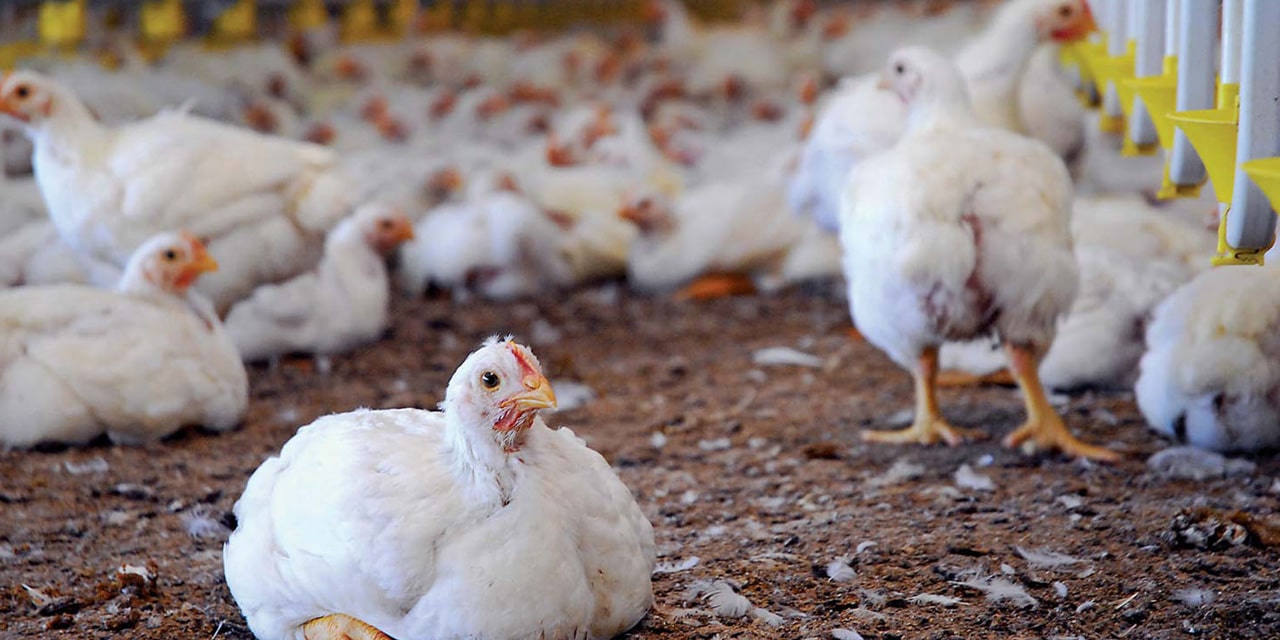Hanks Saisai
The recent announcement by the Ministry of Agriculture, Water & Land Reform’s Directorate of Veterinary Services to restrict the import of poultry products due to an outbreak of Fowl pox in South Africa, offer local producers a grace period to penetrate the market as the ban is for a period of 21 days (starting from 19th of April 2021 to 09 May 2021).
Namibia’s poultry sector has several small-scale farmers that are focused on the production of broilers, eggs and indigenous chickens all aimed at providing Namibian households with a high value protein source. As poultry imports into the country are restricted, there is an increased demand for poultry products that can be filled by local producers. The restriction offers egg and meat producers a highly awaited opportunity to fill the gap created. An announcement to increase poultry products by the Namib Poultry industry presents another opportunity to local producers.
Small producers often struggle to have access to formal markets due to fierce competition, as the prices of imported poultry products are usually cheaper than local products. Another issue of constraint for local producers is the volumes of poultry products that they are able to produce and deliver to formal markets, as well as the consistency in delivery schedules.
Local poultry producers are encouraged to seize this opportunity, to ensure that they can supply the market demand needs of poultry products. Since the sector has many emerging farmers, it is recommended that they form producer groups. With these groups, producers are then able to form associations that can co-supply the formal market whilst doing so in an organized manner that will allow packaging and branding of products. When trading in formal markets, poultry producers are encouraged to take into account the volume (quantity) and consistency in delivery of products as key factors that must be adhered to. Unreliable supply can harm small-scale producers, as the retail sector will view them as a potential risk in their product supply chain.
To enjoy a lucrative market share of this opportunity created by the outbreak, local producers are hereby advised to vaccinate their chicken flocks and to ensure that the right feed is provided to chickens throughout their production cycles. In this period of the ban, small-scale farmers are hereby encouraged to form associations that can at least be able to supply the big retailers with poultry products that are as good as the imports. Remember, transport costs, import levies and border tax charges are some costs that retail sector markets incur during the process of importing poultry products. If we can supply adequate poultry products to meet the demand of the local market, we can easily convince retail sector to buy home grown chickens.
* Agribank Technical Advisor: Crops & Poultry Hanks Saisai




